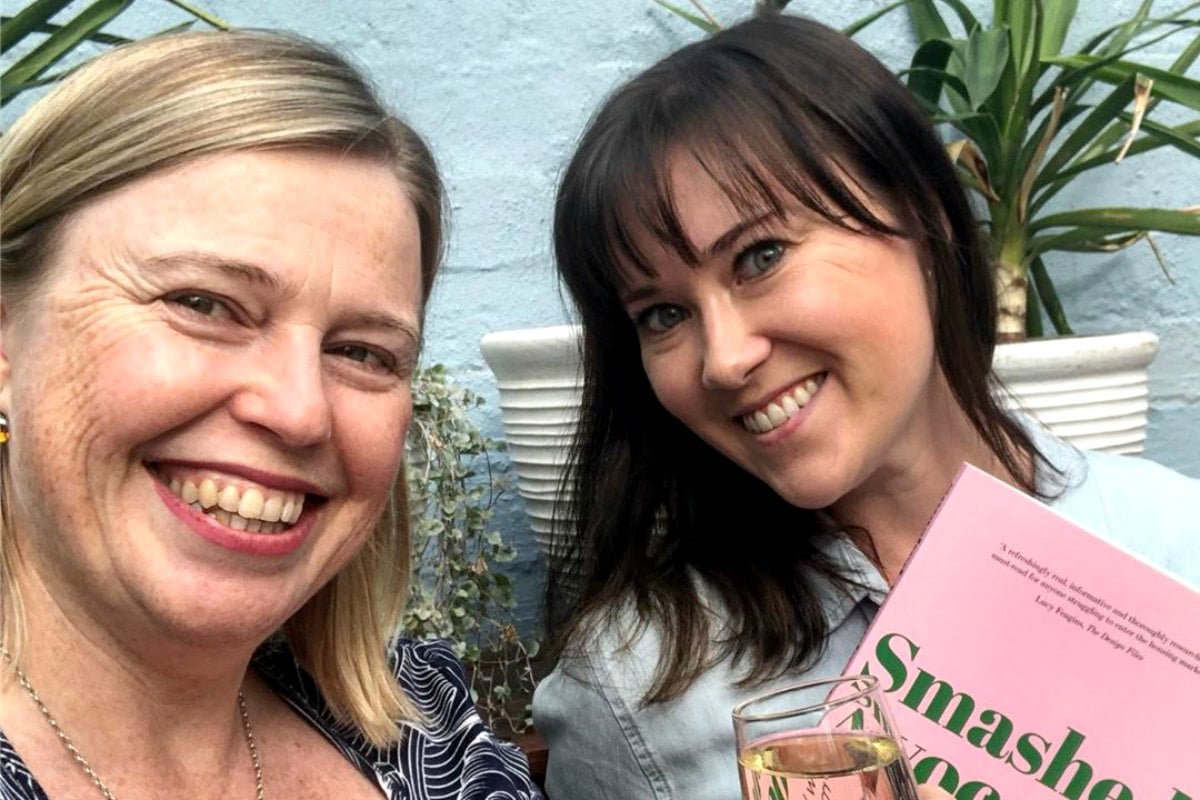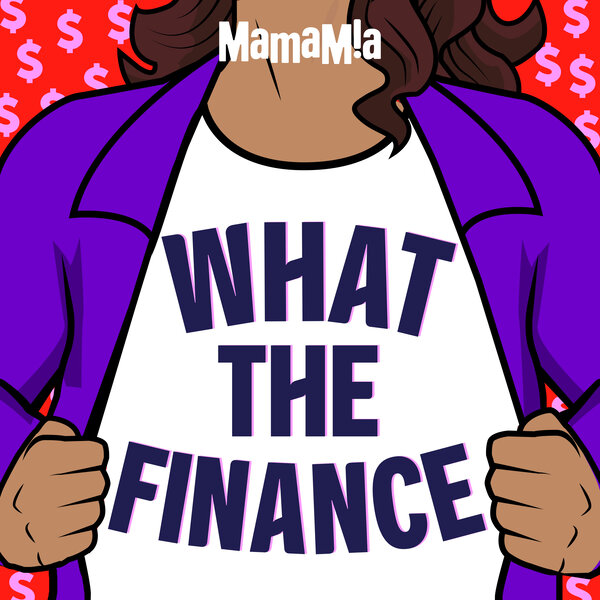
When Nicole Haddow hit 30, she got a harsh reality check. After living it up in her twenties, as one does, she found herself broke, in serious debt and living back home with her parents. In her new book, the hilariously titled Smashed Avocado, Nicole explains how she transformed her financial position and managed to crack into the property market. This is Part Two of her story.
You can read Part One – in which Nicole gets the long-awaited financial reality check she needs – here.
When one person says, ‘You know what, I’m actually going to start saving,’ just watch the friendship dynamic change. It’s like when your mate says they’re going to stop drinking.
As soon as I started serious saving, this is how conversations about upcoming events would go: ‘Nah, I’m going to pass,’ I’d say. ‘Are you serious? You can’t miss this,’ my friend would respond.
The Barefoot Investor shares his number 1 money saving tip for single women. Post continues below.
The problem was this happened every week. There was always something I absolutely had to go to. ‘You won’t meet anyone if you stay home,’ my friends insisted. I didn’t want to be alone, but if I was really going to reach my power-save target I couldn’t go out all the time. Clearly I either needed to get comfortable being on my own or find friends who were prepared to do cheap nights in together. If I continued to go out for $300-plus weekends, I’d be ruined.

Top Comments
Well done for defining a goal and sticking to it! One question though - and I too am quite frugal, though I truly hope and pray that the ''cheap and stingy'' label doesn't apply, that's awful and definitely to be avoided, with these friends who stopped texting, did you ever or sometimes text them to suggest other things to do, things that are either substantially less expensive or even free? I ask because I often hear versions of ''I had a baby and no one invites me anywhere'' or ''now that I've changed my habits my friends don't invite me anywhere'' and I have sympathy, I really do. But if you constantly say no, like, 90% of the time, and never reciprocate or only very rarely, what do you expect? It's a two-way street. Come up with stuff to do and suggest it at least a couple of times per month.
I was wondering that too. Going out for drinks all night can be expensive but inviting a friend or two over for a coffee on a Sunday afternoon wouldn't break the bank.
The fritting away of your money in your twenties will be felt keenly in your old age.We are moving away from our capitalist socialist mix of government and there is always pressure to keep wages low.So save as much as you can because the pension age will keep getting higher and govts will find new ways to seperate you from your money